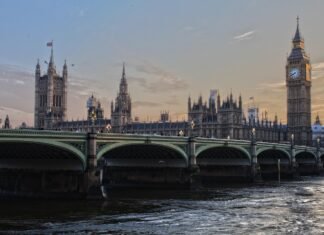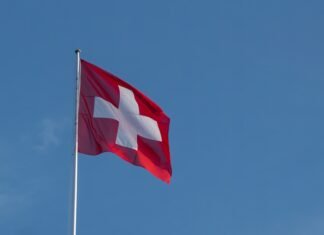Victor Ponta Files Complaint Amidst Photo Scandal
Recently, former Prime Minister Victor Ponta made headlines as he announced that he has submitted a formal complaint to the General Prosecutor’s Office. This action comes in the wake of a controversial incident involving images released by politician Elena Lasconi. Ponta expressed his determination to confront the issues surrounding this scandal head-on and seek justice with the support of the Romanian public.
In a press statement, Ponta articulated his motivations for taking legal action, emphasizing a commitment to transparency and accountability within the political landscape of Romania. "I am resolute in my fight against this system, and I will certainly need the backing of the Romanian people to prevail," he stated, indicating a broader battle against corruption and the misuse of power that he feels has plagued the political arena.
The images released by Lasconi appeared to be compromising and sparked significant debate and controversy. Critics have voiced concerns over the ethical implications of sharing such photographs, arguing that they may have been intended to harm Ponta’s reputation and career. This incident serves as a reminder of the intense scrutiny political figures face and the lengths to which some may go to undermine their opponents.
Ponta’s decision to take legal action is not merely a response to personal grievances; it reflects a growing frustration among many Romanians regarding the integrity of their political system. In recent years, there has been an increasing demand for accountability from public officials, and many see this as an essential component of a functioning democracy. By taking a stand, Ponta aims to encourage citizens to remain vigilant and active in holding their leaders responsible for their actions.
Moreover, Ponta’s predicament underscores deeper issues concerning the media and its role in shaping public perception. The dissemination of compromising images can have far-reaching effects, influencing not only public opinion but also the political landscape itself. As such, the ethical responsibilities of media figures and politicians come under scrutiny, raising questions about the boundaries between personal and public life.
Ponta’s statement resonates with many who have felt disenfranchised by the political establishment. His message is clear: individuals must unite against corruption and malpractice in governance. This sentiment is particularly poignant in a time when political division often seems insurmountable. The former Prime Minister’s call to action encourages citizens to engage actively in the political process, urging them to reclaim their power and influence.
As the situation unfolds, observers will be watching closely to see how the General Prosecutor’s Office responds to Ponta’s complaint and what implications this might have for the broader political environment in Romania. Will this become a pivotal moment for accountability, or will it fade into the backdrop of everyday political discourse? Only time will tell.
In conclusion, Victor Ponta’s legal challenge against the fallout from Elena Lasconi’s scandalous photographs serves not only as a personal stand but as a broader rallying cry for reform and accountability. With the support of the Romanian populace, he hopes to make significant strides toward addressing the issues that have long impacted the public’s trust in political institutions. This incident represents a crucial intersection of politics, media ethics, and the demand for integrity within the governance of Romania.





